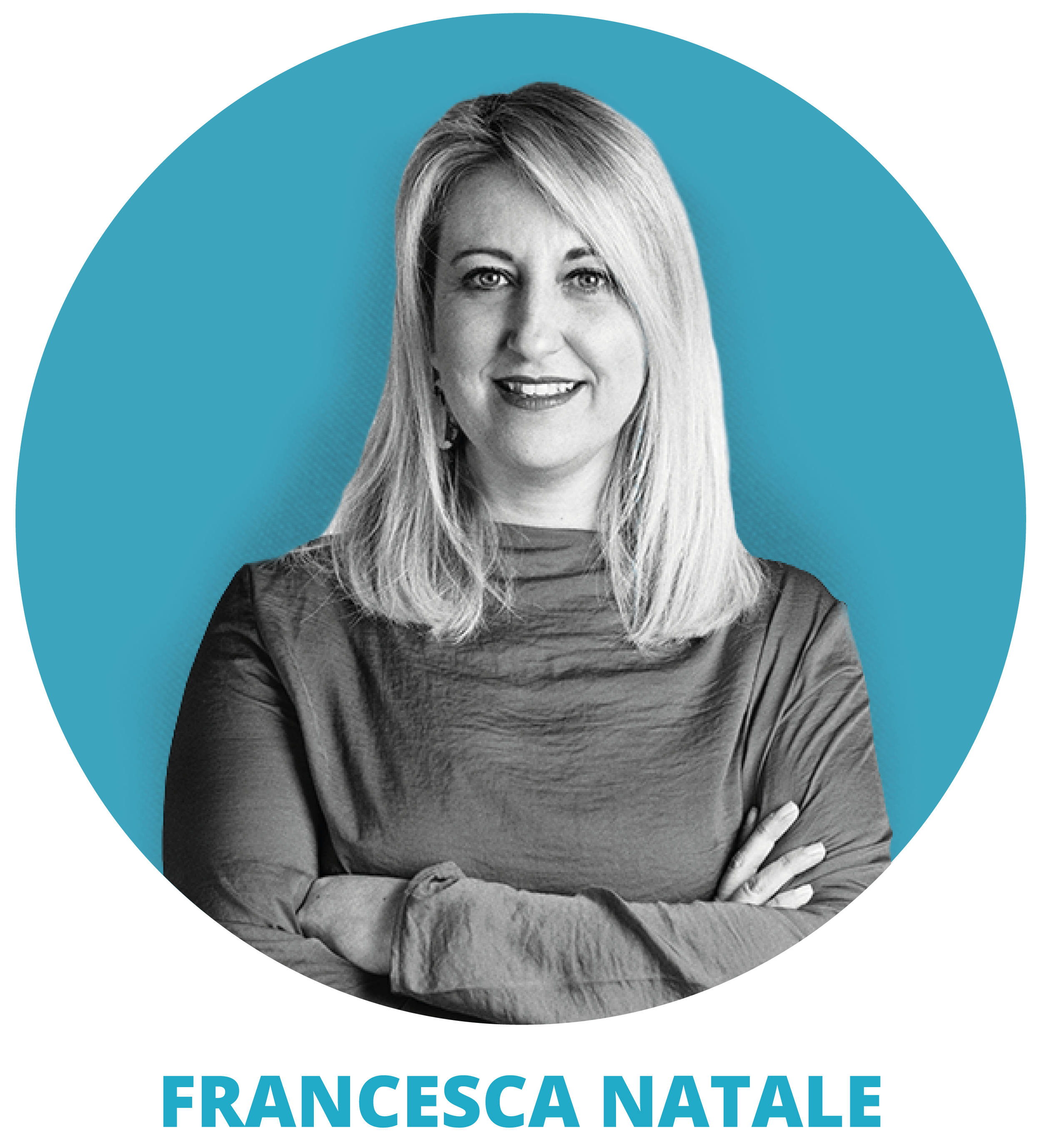This pandemic forced us to suddenly learn about smart working. We managed home, family, and work in a single space of time and life…we felt guilty because, in this simultaneity, we thought we were taking something away from someone. What did we learn for the future?
An unexpected comment
Over the last two months we’ve done many retrospective workshops on how things went during the lockdown. Together with our clients, we’ve been talking about the ways in which we’ve reconciled life, home, work, and family so that we can learn from the past and build a new normal on a more human level.
During one of these workshops, while talking with some participants about how things had gone during the pandemic, I was struck by an unusual statement:
“During the lockdown I sometimes felt guilty because I felt like I wasn’t working enough, not being with my kids enough, stealing time from all the activities in my life to do other activities.
As for work, not only did I fear that I wasn’t working hard enough, sometimes I found myself believing that others thought so too because they didn’t see me working as much as I do in the office. Kind of like the old industrial mentality, I see you working so you work.“
And it didn’t end there!
“Or maybe it was me who didn’t feel good about myself. Maybe it was me who believed that I wasn’t working hard enough, so I started filling my schedule to prove to myself and others that I was doing my duty!”
Who decides whether or not I’ve done my job?
I was really taken by this statement and it made me think about a couple of things that I may not have explored before. I found myself wondering:
Do I need a boss to set goals, time frames, and deadlines for me to know that I’m doing everything well that other people expect from me?
Are delegation and control the tools for recognizing my work? If this control was lacking because we didn’t physically work in the same spaces and therefore didn’t see each other, perhaps it was me who needed to legitimize to myself the possibility of managing my time in a more flexible and autonomous way in order to feel that what I do is what makes sense.
Could it be that I lacked an alibi?
Perhaps I have lacked the alibi to blame the system, the organizational culture, my boss, my company for the fact that my work life is full of things to do, all for yesterday over which I have no control and cannot exercise will.
We often talk about the fact that it is the organizational culture that shapes the image we have of ourselves as professionals. The place where we operate has rituals that we observe to feel part of a larger reality.
How many times have I heard and said: “I work late, if I leave before 7pm my colleagues make fun of me for working “half-days”! Besides, that’s when the interesting things happen, the chatting, the confrontations…” As if I had no control over determining my presence in the office, the way I work.

Photo by JESHOOTS.COM on Unsplash
And when you find yourself wearing Bermuda shorts, who are you?
So it’s clear that the environment in which I work has an important impact on how I interpret my role, with what style and with what rhythm. But then a pandemic arrives, you’re in forced smart working, you don’t have the boss breathing down your neck, you don’t have colleagues watching you and… And at that point you discover that your worst enemies are not those who are around you, but instead those who are inside you: what you think of yourself and what you should be doing to tell yourself that things are going well.
So you find yourself thinking that you are the one who gets up early, dresses in a suit and tie, arrives at the office early and comes back late… And then when you find yourself at home, with your children running around and you are dressed in a colorful T-shirt and Bermuda shorts, who are you? How do you organize your work, your daily life?
What categorical imperative drives you?
How do you prove to yourself that you are doing what you need to do?
So you find yourself doing what others used to do for you, you start planning your calendar, trying to occupy all the slots. The meetings are so frequent that you don’t have time to drink a sip of water or go to the bathroom, you have meetings with a baby in your arms and with one hand you play with Lego and with the other you chat with colleagues… confused and happy to have done it all!
And in all of this…where did smart go?
To recap:
- I’m at home, entitled to organize my time and my work, and I feel guilty because others think I don’t work hard enough.
- I’ve lost my boundaries: I’m running around like crazy trying to balance everything and I still think I’ve left something behind.
- I struggle to legitimize this lifestyle myself.
- What is crucial is how I live it, this new normal.
And how smart is all this?
Well, I think this complexity deserves some thought. And I’m not talking about corporate programs to educate people on how to use tools to be productive remotely. I’m talking about a profound reflection on the meaning of work, my role, and how and where I exercise it. Perhaps the new normality doesn’t need smart working but wise working!
And the thing that I find most interesting about this wise working is that it’s up to me, just me.

